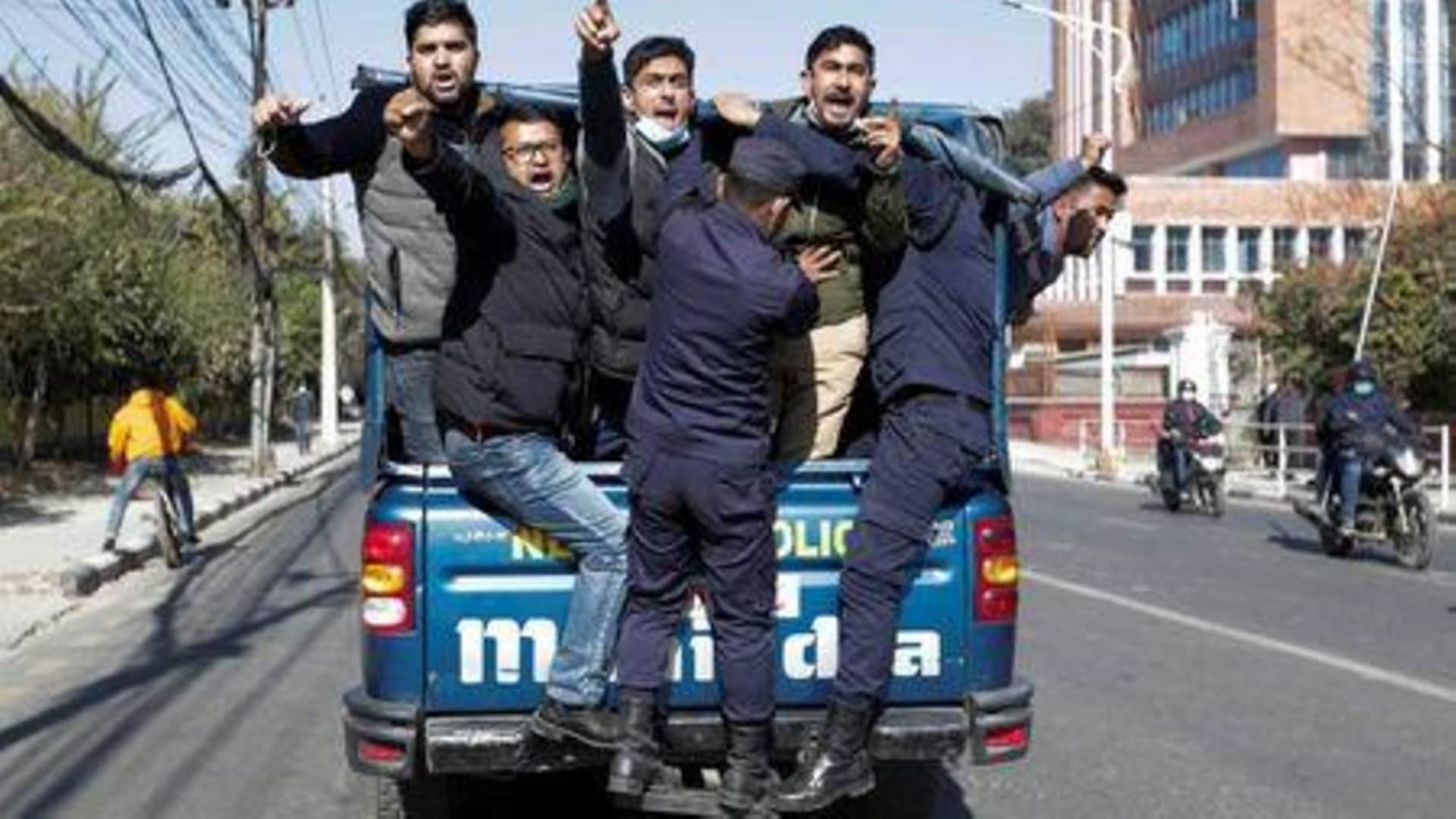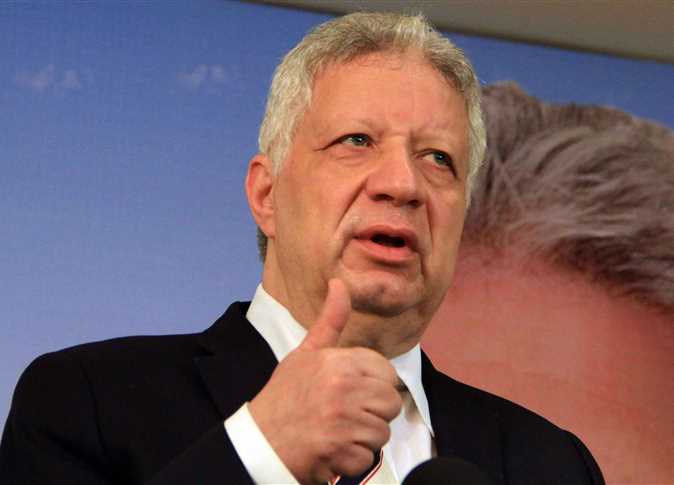A source at the High Elections Commission (HEC) said Sunday that the ruling Supreme Council of Armed Forces (SCAF) will announce on 26 September the exact dates of the People’s Assembly and Shura Council elections.
The state-run Al-Ahram newspaper quoted Abdel Moez Ibrahim, head of the HEC, as saying that SCAF has decided to set 21 November as the starting date for the parliamentary elections.
A different source was quoted by state-run news agency MENA as saying that the HEC has submitted a proposal to the SCAF asking to begin elections for the People’s Assembly – the lower house of parliament – on 21 November, and elections for the Shura Council – the upper house – on 22 February.
The HEC proposal requests holding the People's Assembly elections in three stages: the first on 21 November, with a runoff on 28 November; the second on 7 December, with a runoff on 14 November, and the third on 27 November, with a runoff on 3 January 2012, Ibrahim added.
The proposal asks to hold the Shura Council elections in three stages as well: the first on 22 January, with a runoff on 29 January; the second on 7 February, with a runoff on 14 February; and the third on 26 February, with a runoff on an unspecified date in March.
Chief of Staff of the Armed Forces Sami Anan planned to meet Sunday with heads and representatives of political parties and groups to discuss voting systems and procedures for the upcoming elections.
Minister of Local Development Mohamed Ahmed Attiya was also quoted in Al-Ahram as saying that the military may cancel the single-winner voting system, meaning candidates will only be voted on through proportional list-based voting.
Observers say that canceling the single-winner system may decrease the chances of some revolutionary youths who enjoy grassroots support; on the other hand, the majority of youths believe they stand to benefit from a list-based system as they lack the necessary financial and logistical capabilities to run on their own.
The ruling military council has been under popular pressure to set dates for the parliamentary elections it promised when it took over after Hosni Mubarak was forced from the presidency in February.
No date has been set for the presidential poll, which the military council has said will follow the parliamentary elections.
Many Egyptians complain that the SCAF has dragged its feet in transitioning Egypt to democracy, with some fearing the council is hesitant to hand over power to an elected civilian government.
The Muslim Brotherhood, which until recently has reserved criticism of the military council, is now joining calls to set an election timetable. The Brotherhood is widely recognized as Egypt's most organized political force.
Translated from the Arabic Edition




